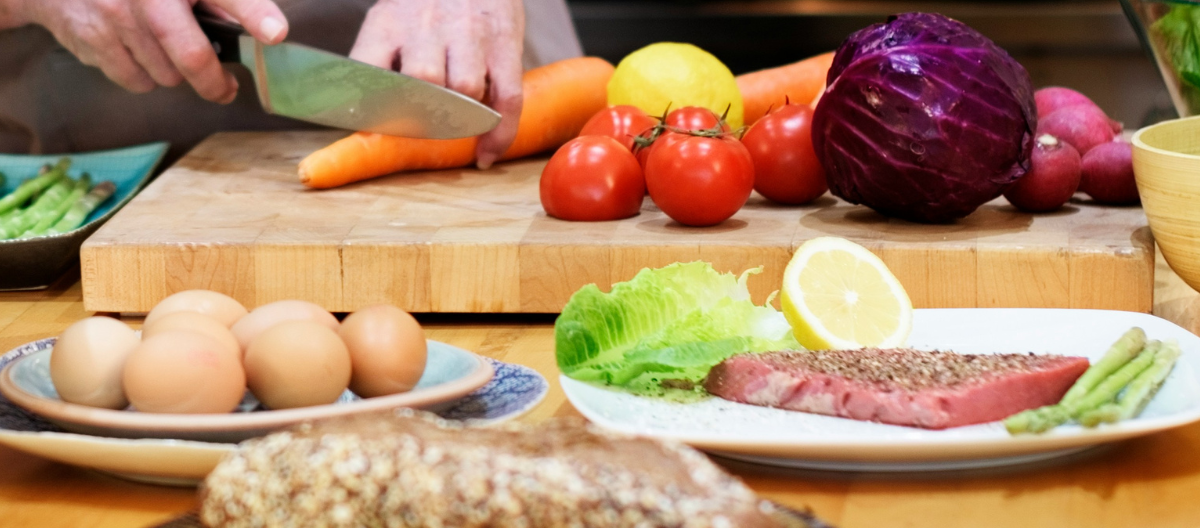An anti-inflammatory diet focuses on reducing inflammation in the body, which is linked to various chronic diseases such as heart disease, diabetes, and arthritis. By emphasizing nutrient-dense foods and minimizing inflammatory agents, this diet can help promote overall health and well-being. Here’s a comprehensive guide to adopting an anti-inflammatory diet, including key foods to include, those to avoid, and tips for making it a sustainable lifestyle choice.
Core Principles of an Anti-Inflammatory Diet
Focus on Whole Foods: Prioritize fresh, unprocessed foods that are rich in nutrients and antioxidants. These include fruits, vegetables, whole grains, lean proteins, and healthy fats.
Incorporate Anti-Inflammatory Foods: Choose foods known for their anti-inflammatory properties to help combat inflammation in the body.
Minimize Inflammatory Foods: Reduce or avoid foods that can trigger or exacerbate inflammation.
Balance Your Plate: Aim for a balanced intake of macronutrients (carbohydrates, proteins, and fats) and micronutrients (vitamins and minerals) to support overall health.
Key Anti-Inflammatory Foods
Fruits and Vegetables: Rich in vitamins, minerals, and antioxidants, these foods help reduce inflammation. Focus on a variety of colorful fruits and vegetables such as berries, cherries, apples, oranges, spinach, kale, and broccoli.
Fatty Fish: Salmon, mackerel, and sardines are high in omega-3 fatty acids, which have anti-inflammatory effects. Aim for at least two servings of fatty fish per week.
Nuts and Seeds: Almonds, walnuts, chia seeds, and flaxseeds provide healthy fats and antioxidants. They also offer omega-3 fatty acids and fiber, which contribute to reduced inflammation.
Whole Grains: Opt for whole grains like quinoa, brown rice, and oats, which are high in fiber and help regulate blood sugar levels.
Legumes: Beans, lentils, and chickpeas are excellent sources of protein and fiber. They help stabilize blood sugar and provide essential nutrients.
Herbs and Spices: Turmeric, ginger, garlic, and cinnamon have powerful anti-inflammatory properties. Use these to add flavor and health benefits to your meals.
Healthy Fats: Olive oil, avocados, and nuts provide monounsaturated fats and omega-3 fatty acids, which support heart health and reduce inflammation.
Green Tea: Contains antioxidants called catechins that have anti-inflammatory effects. Incorporate a cup of green tea into your daily routine for added benefits.
Foods to Avoid
Refined Carbohydrates: Foods like white bread, pastries, and sugary cereals can spike blood sugar levels and promote inflammation.
Sugary Beverages: Sodas, energy drinks, and excessive fruit juices can increase inflammation and contribute to weight gain.
Fried and Processed Foods: Foods high in trans fats and unhealthy oils, such as chips and fast food, can trigger inflammation.
Excessive Red and Processed Meats: Limit consumption of red meats like beef and processed meats like sausages, which can be inflammatory when eaten in large quantities.
Artificial Additives and Preservatives: Processed foods with artificial sweeteners, colors, and preservatives may contribute to inflammation.
Excessive Alcohol: High alcohol consumption can promote inflammation and impair liver function.
Tips for Adopting an Anti-Inflammatory Diet
Plan Your Meals: Create a meal plan that includes a variety of anti-inflammatory foods and balanced meals. This helps ensure you get a range of nutrients and avoid inflammatory triggers.
Read Labels: When purchasing packaged foods, check ingredient lists for added sugars, unhealthy fats, and artificial additives. Opt for products with minimal and recognizable ingredients.
Cook at Home: Preparing meals from scratch allows you to control ingredients and avoid hidden sources of inflammation. Use healthy cooking methods like baking, grilling, and steaming.
Stay Hydrated: Drink plenty of water throughout the day to support overall health and help flush out toxins.
Practice Portion Control: Even with healthy foods, portion control is important for maintaining a balanced diet and preventing overeating.
Listen to Your Body: Pay attention to how different foods affect your body and adjust your diet accordingly. Individual responses to foods can vary.
Incorporate Physical Activity: Regular exercise complements an anti-inflammatory diet by reducing inflammation and improving overall health.


